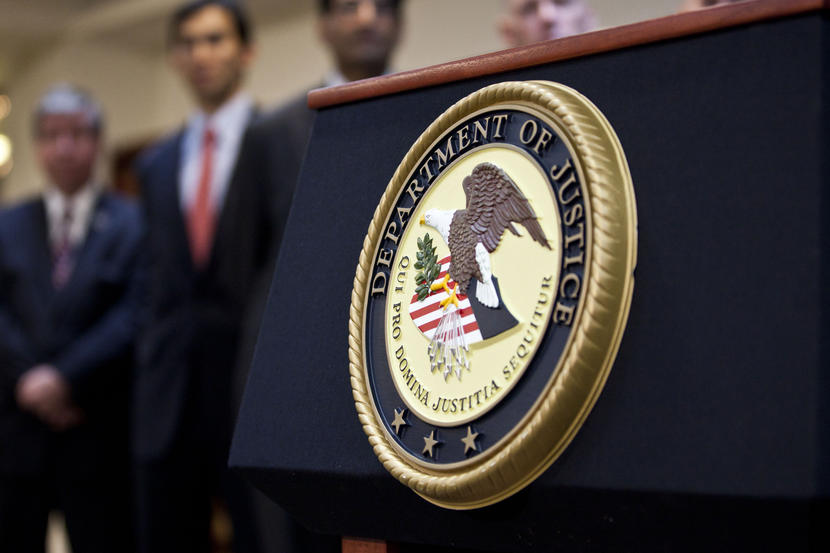Already a subscriber? Make sure to log into your account before viewing this content. You can access your account by hitting the “login” button on the top right corner. Still unable to see the content after signing in? Make sure your card on file is up-to-date.
The Department of Justice has officially requested the Supreme Court to intervene in President Trump’s effort to remove the head of the Office of Special Counsel, arguing that lower court rulings temporarily reinstating him unlawfully restrict the president’s executive authority.
Some shit you should know before you read: Earlier this month, the Trump administration fired Hampton Dellinger from his role as head of the Office of Special Counsel (OSC). Dellinger, who was appointed by former President Joe Biden and confirmed by the Senate in 2024 for a five-year term, was dismissed via email without any stated cause. His removal has sparked legal challenges because federal law specifies that the OSC head can only be fired for inefficiency, neglect of duty, or malfeasance—none of which were cited in his termination. By bypassing these statutory protections, the administration’s actions have been criticized by both Republicans and Democrats as a violation of long-established civil service rules designed to shield certain government positions from political interference.

What’s going on now: In an effort to reverse a federal judge’s order temporarily reinstating Hampton Dellinger, the Department of Justice (DOJ) has filed an emergency appeal to the US Supreme Court, arguing that the decision unlawfully limits President Trump’s executive authority. The DOJ is arguing that no court in American history has ever forced a president to retain an agency head against his will and that allowing Dellinger to remain in office undermines the president’s ability to control the executive branch. Acting Solicitor General Sarah Harris wrote in the Supreme Court filing that the lower court’s injunction represents an unprecedented judicial overreach, preventing Trump from implementing his administration’s agenda.
The DOJ further argued that the OSC falls under the president’s authority to hire and fire personnel, citing past legal precedent that grants the executive branch broad discretion over agency leadership. The administration warns that allowing Dellinger’s reinstatement could embolden courts to impose similar restrictions in the future, limiting presidential power across a range of federal agencies. The appeal, which was submitted before the Supreme Court, is calling on the justices to lift the lower court’s restraining order before it expires on February 26. Chief Justice John Roberts will initially review the case and may decide on his own or refer it to the full court, setting up a potential early test of Trump’s executive authority in his second term.
This all comes as the Trump administration faces multiple lawsuits challenging its removal of Senate-confirmed officials across various federal agencies. In addition to Dellinger, eight agency-level inspectors general and Democratic appointees to the National Labor Relations Board, Federal Labor Relations Authority, and Merit Systems Protection Board have filed legal challenges against their dismissals. The administration has argued that these removals are necessary to improve government efficiency and eliminate bureaucratic resistance to its policy agenda. However, critics claim that Trump is systematically purging Biden-appointed officials and replacing them with loyalists who will align with his administration’s priorities, effectively eroding the independence of agencies designed to function without direct political influence.






